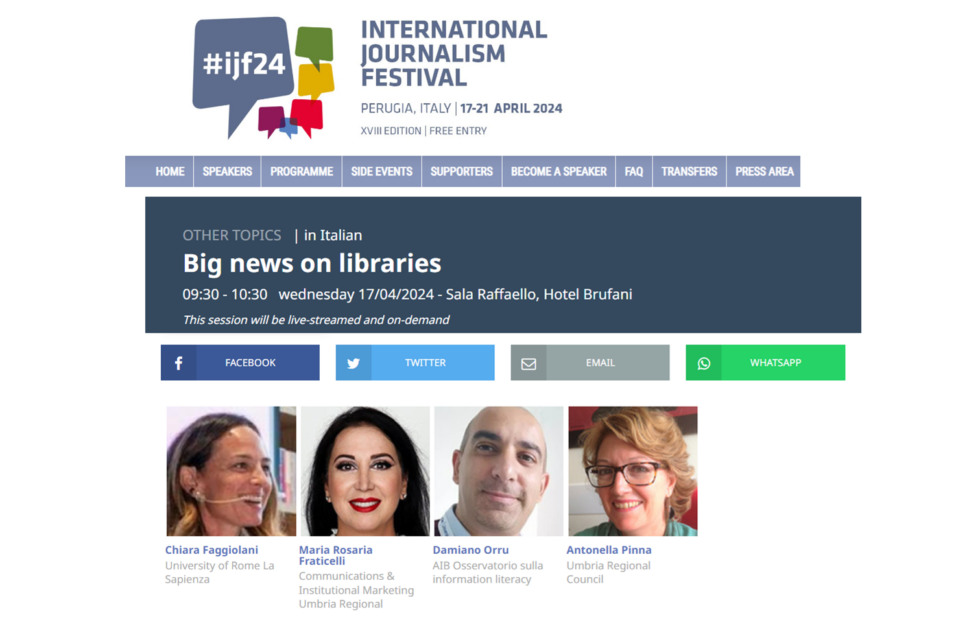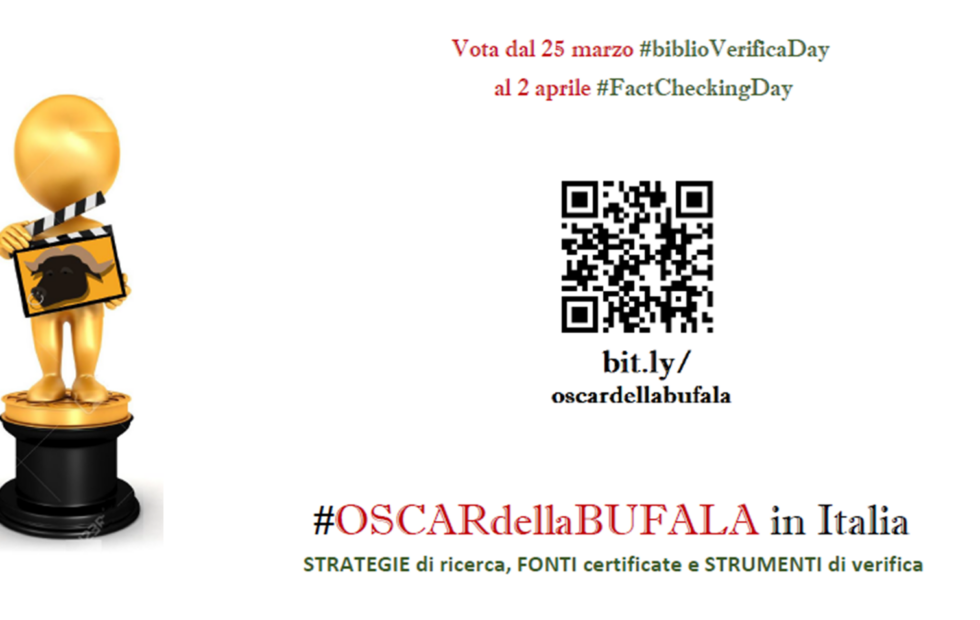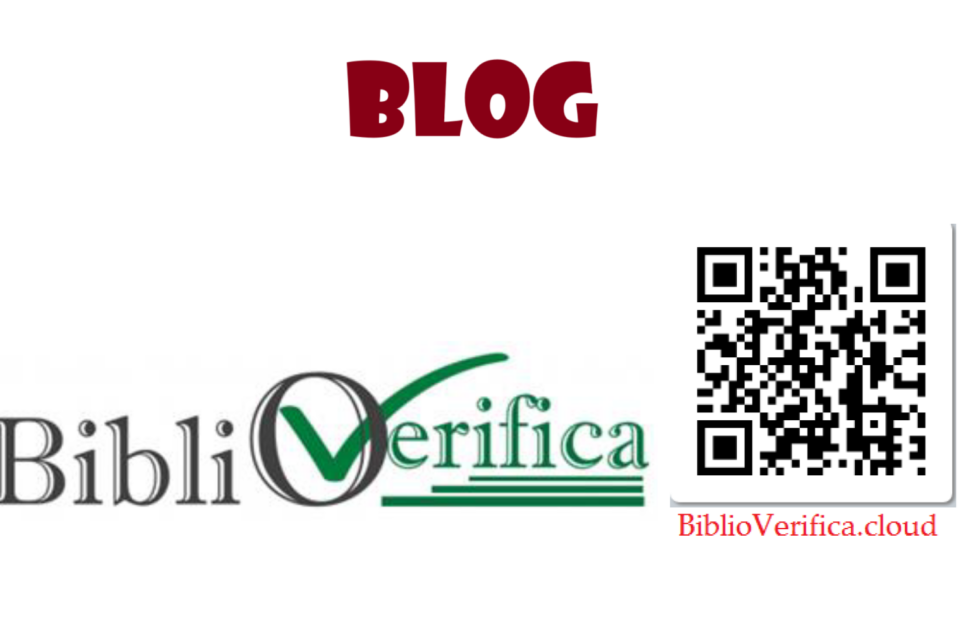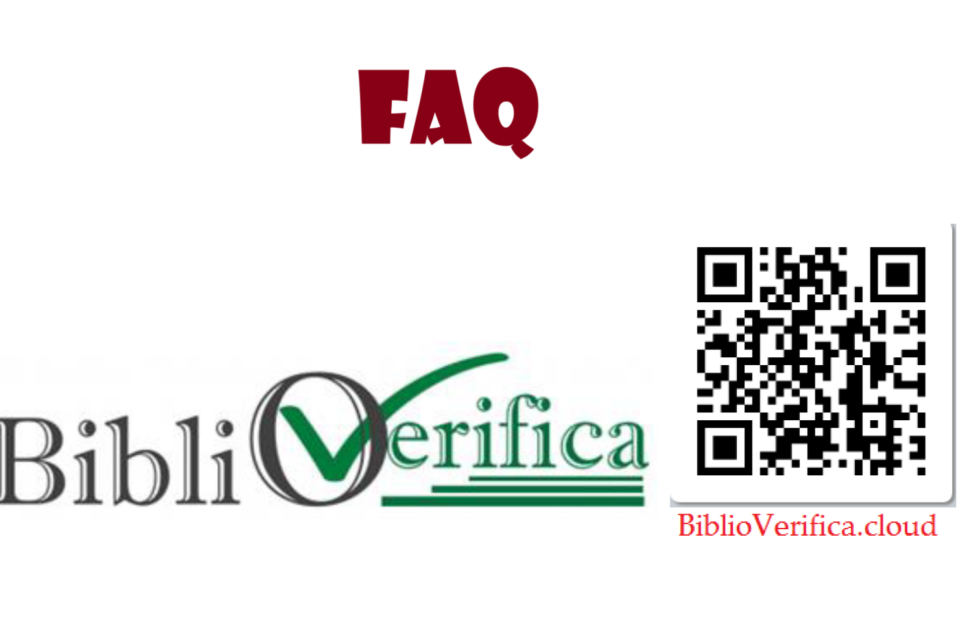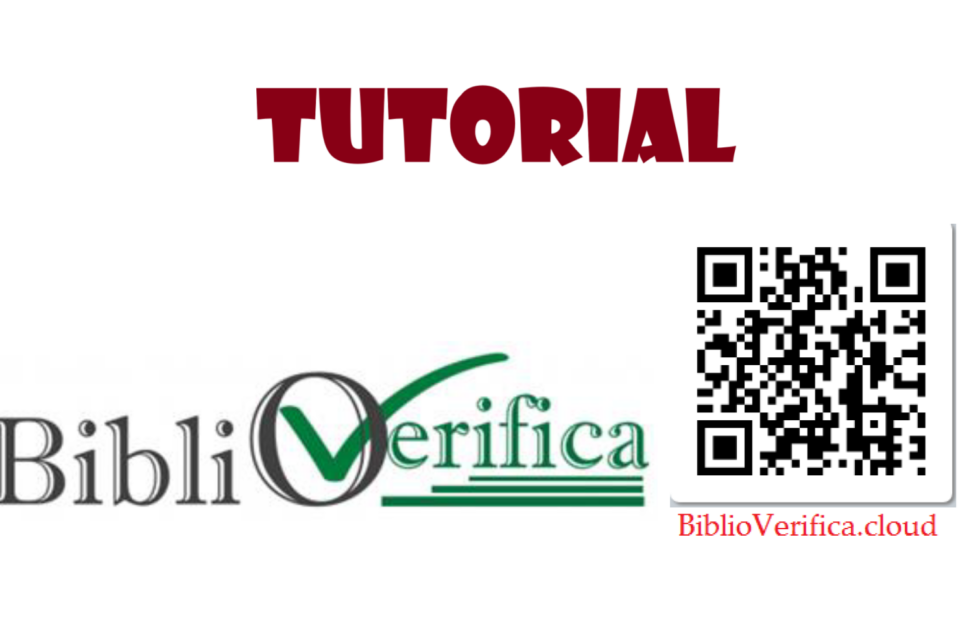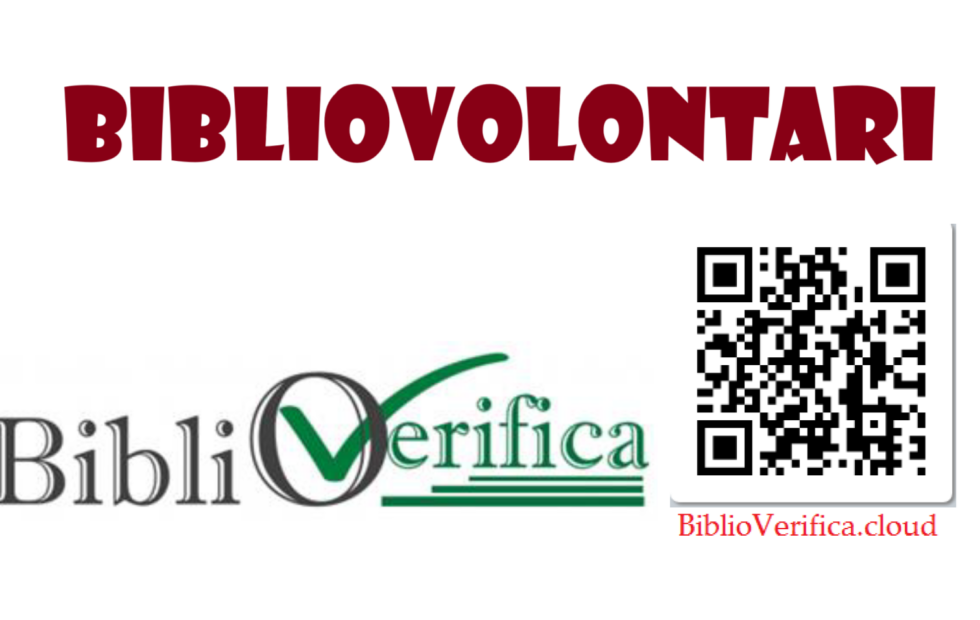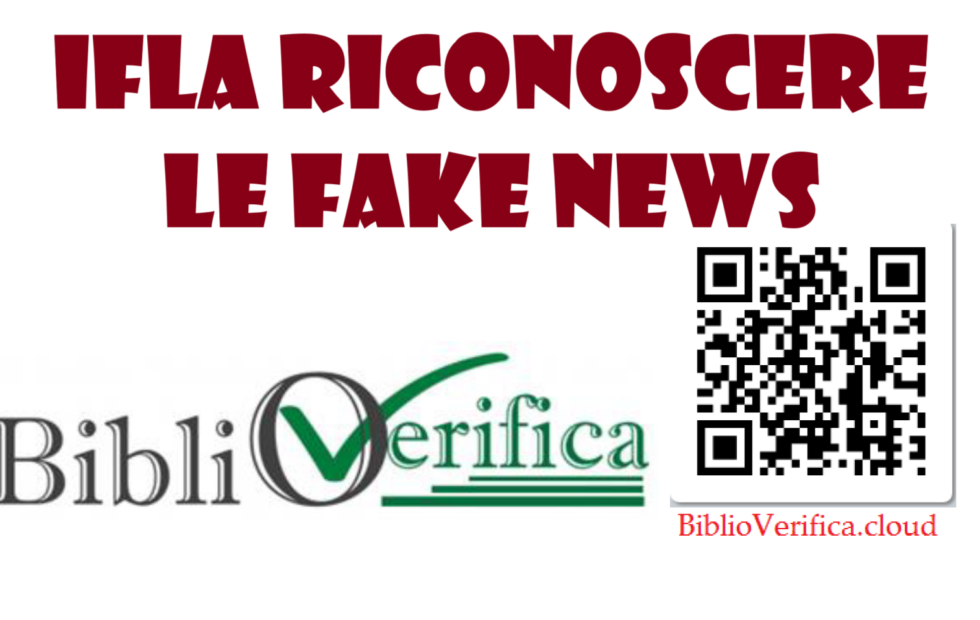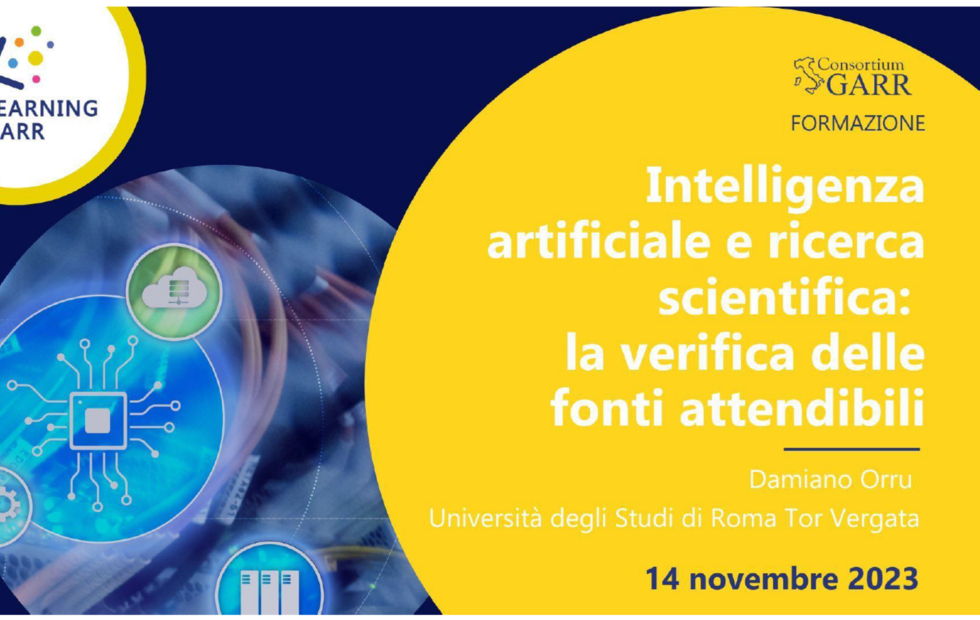St. Stephen’s School | Via Aventina #3, 00153 Roma
info gfworkshops.org/#agendaSection
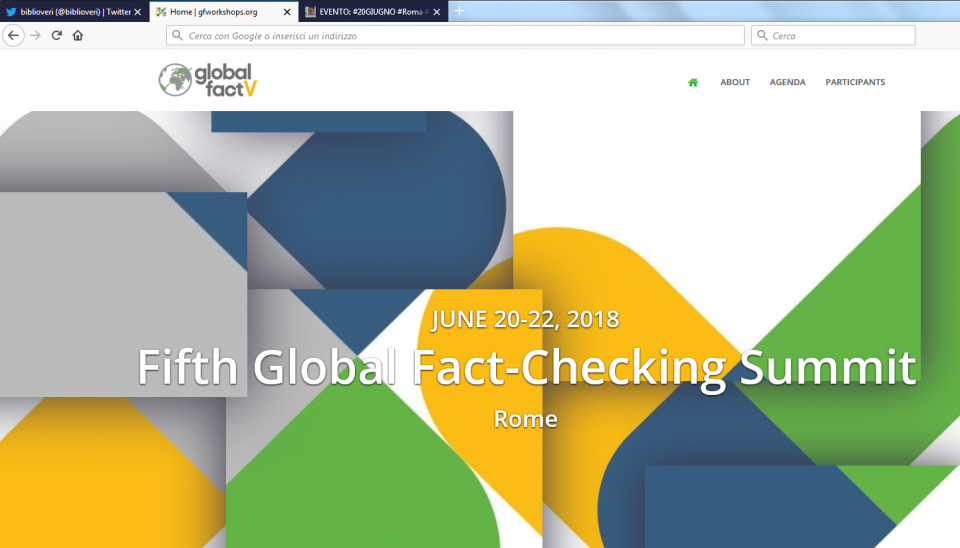
20 giugno dalle 9.00 alle 20.30
08:00 – 09:00
Auditorium
Registration09:00 – 09:30
Auditorium
Opening RemarksAlexios Mantzarlis International Fact-Checking Network, Bill Adair Duke University and Neil Brown Poynter.
09:30 – 10:30
Auditorium
Show & Tell | Formats, Impact & ResearchAaron Sharockman PolitiFact, Clara Jiménez Cruz Maldita.es, Grace Jackson Facebook and Giovanni Zagni Pagella Politica.
10:30 – 11:30
Auditorium
Panel | Russian disinformation: Pervasive or NBD?Anna Zafesova La Stampa, Liepa Želnienė 15min, Milka Domanovic Istinomer, Peter Pomerantsev LSE and Glenn Kessler Washington Post Fact Checker (moderates).
11:30 – 12:00
Break12:00 – 13:00
Auditorium
Panel | Brace for the coming fake Videogeddon (or not)Aliaume Leroy Bellingcat/BBC, Christian Riess University of Erlangen-Nuremberg, Denis Teyssou AFP/InVID and Olivia Sohr Chequeado (moderates).
13:00 – 13:30
Auditorium
Featured Talk | The Chequeado StoryLaura Zommer, Chequeado.
13:30 – 14:45
Lunch14:45 – 15:45
Auditorium
Panel | The future of ClaimreviewBill Adair Duke University, Mevan Babakar Full Fact and Simon Baumgartner Google.
14:45 – 15:45
Room 1
Workshop | How the code of principles worksDulce Ramos IFCN. Are you interested in applying to the code of principles but uncertain about the requirements? Do you want to figure out whether it’s the right fit for your organization? This will be the occasion to get an answer to these questions.
14:45 – 15:45
Room 2
Closed meeting | A/B testing working groupAlexios Mantzarlis IFCN. A meeting for the IFCN impact advisory panel pilot and the organizations (Africa Check, Chequeado, Climate Feedback, FactCheckNI & Full Fact) running the headline impact test in the second half of 2018.
14:45 – 15:45
Room 3
Workshop | Fact-checking in the classroomHache Merpert Chequeado, Gabriela Jacomella Factcheckers.it.
15:45 – 16:45
Auditorium
Assembly | Regional BreakoutsNorth America – Angie Holan PolitiFact, Europe – Grégoire Lemarchand AFP and Asia Pacific – Govindraj Ethiraj Factchecker.in.
15:45 – 16:45
Room 1
Assembly | Regional BreakoutMiddle East and Africa – Baybars Orsek Dogruluk Payi.
15:45 – 16:45
Room 2
Assembly | Regional BreakoutLatin America – Cristina Tardaguila Lupa.
16:45 – 17:45
Auditorium
Assembly | IFCN verified signatories meetingDulce Ramos IFCN and Alexios Mantzarlis IFCN.
16:45 – 17:45
Room 1
Workshop | SEO for factcheckersDanny Sullivan Google. You know about claim review markup, but what about ensuring that your fact checks in general are visible in search? That’s where search engine optimization comes in. This session is an open Q&A for all your SEO questions.
16:45 – 17:45
Room 2
Workshop | Duke Tech & Check co-op comunity meetingBill Adair Duke University.
16:45 – 17:45
Room 3
Workshop | ClaimreviewDan Brickley Schema.org and Simon Baumgartner Google.
19:00 – 20:30
Aperitivo | @ Museo di Roma in TrasteverePiazza di San Egidio 1b
St. Stephen’s School | Via Aventina #3, 00153 Roma
info gfworkshops.org/#agendaSection

21 giugno dalle 9.00 alle 22.00
09:00 – 10:00
Auditorium
Show & Tell | FormatsMichal Sella & Boaz Rakocz The Whistle, Derek Thomson France 24 Observers, Tobias Reckmann WDR and Pauline Moullot Libération.
10:00 – 10:30
Auditorium
Featured Talk | What regulators thinkMarco Delmastro Italian Communications Authority.
10:30 – 11:30
Auditorium
Panel | Fact-checking in a humanitarian crisisAntonio Martínez Horizontal, Gülin Çavuş Teyit, Phyu Phyu Thi Myanmar ICT for Development Organization, Sam Dubberley Amnesty International and Dulce Ramos International Fact-Checking Network (moderates).
11:30 – 12:00
Break12:00 – 12:30
Auditorium
Q&A | The perils of perceptionBobby Duffy Ipsos MORI, interviewed by Phoebe Arnold Full Fact.
12:30 – 13:30
Auditorium
Q&A | Quo vadis Facebook fact-checkingTessa Lyons Facebook, interviewed by Alexios Mantzarlis International Fact-Checking Network.
13:30 – 14:45
Lunch14:45 – 15:00
Auditorium
Awards | Presentation of the finalists15:00 – 16:00
Auditorium
Assembly | What do we need to get better at?Alexios Mantzarlis IFCN.
15:00 – 16:00
Room 1
Workshop | How the code of principles worksDulce Ramos IFCN. Are you interested in applying to the code of principles but uncertain about the requirements? Do you want to figure out whether it’s the right fit for your organization? This will be the occasion to get an answer to these questions.
15:00 – 16:00
Room 2
Closed meeting | Technical StandardsMevan Babakar Full Fact.
15:00 – 16:00
Room 3
Workshop | Reaching the resistant audienceJane Elizabeth, American Press Institute. Fact-checkers today deal with an unprecedented partisan backlash and lack of trust, a difficult environment particularly during an election year. This session will examine strategies for understanding and reaching through the resistance to fact-checking, including sourcing, writing and presentation tips.
16:00 – 17:00
Auditorium
Panel | Is fact-checking more fun on the radio?Charlotte McDonald BBC, Russell Skelton RMIT ABC Fact Check and Samba Badji Africa Check
16:00 – 17:00
Room 1
Closed meeting | FactTrackAlexios Mantzarlis IFCN. A meeting for the organizations seeking to pilot the FactTrack plugin being developed by the IFCN (Chequeado, Full Fact, Le Monde, Pagella Politica, PolitiFact)
16:00 – 17:00
Room 2
Workshop | Preparing for the EU parliament electionsMikko Salo Faktabaari.
16:00 – 17:00
Room 3
Workshop | SEO for factcheckersDanny Sullivan Google, Simon Baumgartner Google and Dan Brickley, Schema.org/Google. How can you ensure your fact check content is more visible in search? That’s where search engine optimization comes in. This session is an open Q&A to address all your questions about SEO, including questions about Claimreview markup.
17:00 – 18:00
Auditorium
Assembly | Mapping the misinformation ecosystem in AsiaMasato Kajimoto The University of Hong Kong.
17:00 – 18:00
Room 1
Closed meeting | IFCN Advisory boardAlexios Mantzarlis IFCN.
17:00 – 18:00
Room 2
Workshop | Fact-checking in a divided societyAllan Leonard FactCheckNI.
17:00 – 18:00
Room 3
Workshop | Building a global database of fact checksPauline Moullot Libération and Jacques Pezet Correctiv. CheckNews is a new platform of fact-checking where journalists respond to their readers question. We don’t choose what we fact-check, we check what they ask us to. The next step is to tun it into a collaborative platform, where fact-checkers from any country can access and share the content of the others. Where fact-checkers can also work together on temporary project. The more fact-checking becomes central in XXI century journalism, the more we need to work together, to make it more powerful and increase our readers’ trust. In this workshop, we will explain how we want to turn CheckNews in an international platform, how it will work and how you can join the project.
20:00 – 22:00
Pizza & awards | @ St Stephen’s School Terrace
St. Stephen’s School | Via Aventina #3, 00153 Roma
info gfworkshops.org/#agendaSection

22 giugno dalle 9.00 alle 13.30
09:00 – 10:30
Auditorium
Show & Tell | AutomationBill Adair Duke University, Mevan Babakar Full Fact, Pablo Martín Fernández Chequeado and Tai Nalon Aos Fatos.
09:00 – 10:30
Room 1
Workshop | Does factchecking have a “women problem”?Amy Sippitt Full Fact. Does factchecking systematically appeal more to men than women? What can we learn from who different factchecking organisations around the world are and aren’t reaching? What research do we need to help us? This interactive workshop will be discussing insights from factcheckers across the world of what we know about our audiences; sharing formats and techniques from factcheckers and marketers for how we can widen our audiences; and identifying what burning questions we all have about our audiences and low-cost ways we can start to answer those questions.
09:00 – 10:30
Room 2
Meeting | Supporting EU fact-checkersAlberto Rabbachin European Commission, Paolo Cesarini, European Commission.
[LIMITED TO EU FACT-CHECKERS]
As announced in the Communication on online disinformation (link) adopted by the Commission on the 26th of April, the European Commission would like to support the creation of a European network of independent fact-checkers to establish common working methods, exchange best practices, achieve the broadest possible coverage across the EU, and participate in joint fact-checking and related activities. The need to create such network was expressed in several multistakeholder consultations as well as reported in the HLEG report. As a first step, the Commission would like to design and roll-out a secured web space (EU Fact Checker Portal) in order to enable an EU-wide collaboration among fact-checkers. In a second step, a secure European online platform on disinformation will be developed by extending capacity and capabilities of the EU Fact Checker Portal. In particular the platform will extend the network of fact-checking organisations as well as include research activities by involving academic research experts on online disinformation. This will enable the network of fact-checkers to act as trusted flaggers. It will also facilitate a deeper understanding of online disinformation and the design of evidence-based strategies for further limiting its spread. This workshop will be an opportunity to debate on the creation of a European network of fact-checkers. The aim is to collect views on what services the portal, and later the platform, should provide to concretely support European fact-checking activities and the creation of an integrated network of fact-checkers and acadenics. The debate should also touch upon the issue of the portal/platform governance (i.e. terms of access and service) in order to ensure full independence from any political entity and public authority.
09:00 – 10:30
Room 3
Workshop | Advanced Internet ResearchHenk van Ess Bellingcat. Fast and Furious Fact Finding (1) – with Facebook Dutch born Henk van Ess (twitter.com/henkvaness) does some fast and furious fact checking in Facebook. How do you find hidden friends in Facebook (Manchester Bombing) ? How do you find the precise profile of a prisoned coder (Cambridge Analytics)? What do you do when a terrorist profile is deleted (Las Vegas shooting, Jihadi John)? How do you find people in Facebook with very common last names (case NBC News)? And how do you investigate people in Facebook when you just have a first name and a city? (revenge porn) Facebook removed verification via e-mail in April 2017 – can you fix that? And while we are at it: how do you find out which US senators are followed by which Russians, how do you search for certain keywords from certain persons and what is the most important Facebook Formula you will ever see for your daily work? Expect some amazing Houdini-acts, “inspired” by daily deadlines.
10:30 – 11:30
Auditorium
Panel | Fact-checking as a wire serviceCristina Tardáguila Agência Lupa, Guillaume Daudin AFP, Kristoffer Egeberg Faktisk.no and Mark Stencel Duke Reporters’ Lab (moderates).
10:30 – 11:30
Room 1
Workshop | Legal remedies for fact-checkersAlexios Mantzarlis IFCN.
10:30 – 11:30
Room 2
Workshop | Building a global database of hoaxesAlexandre Pouchard Le Monde. “Who will fact-check fact-checkers ?”, are we often asked. We, fact-checkers, must keep in mind that our work as third-party fact-checkers depends on how much trust our readers have in our ethics. This is why we must respect the highest standards of transparency, nonpartisanship and fairness we can. We propose to create a worldwide and open source database of fact-check which will include the work of all fact-checking units which will want to join this effort. Such a dataset will be a huge step in terms of transparency and will facilitate studies about hoaxes.
10:30 – 11:30
Room 3
Workshop | Advanced Internet ResearchHenk van Ess Bellingcat. Finishes at 12:00*
Henk van Ess is fact checking fast and furious once more (you can follow this session without having followed Fast and Furious Fact Finding (1) with Facebook) but is now focusing on the clever use of Google, Wayback Machine, Skype and YouTube. Find the secret address of a CEO by typing in a very strange looking formula into Google (Novartis) Find out who is behind that mysterious note of a IS-warrior (Backdoors in Archive.org) Why should every reporter know about Google Triple Search (case of corrupt president)? What is the clever Google trick that also allows you 1) to find out when something went viral 2) who is behind a nickname and 3) even helps you to find deleted Instagram accounts? What do you do when you have to view 5 hours of YouTube videos, but you only have 15 minutes? (Jihadi John) How do you find the exact time that something was uploaded to YouTube? Why is a backdoor in Skype one of the best people finders? (San Bernardino shooting). Sit down, buckle up and get lots of verification tips,
11:30 – 12:00
Break12:00 – 13:00
Auditorium
Panel | Misinformation on messaging appsCarl Woog WhatsApp, Chi Zhang USC/Tow Center, Daniel Funke Int. Fact-Checking Network (moderates).
13:00 – 13:30
Auditorium
Closing RemarksAlexios Mantzarlis International Fact-Checking Network and Bill Adair Duke University.

